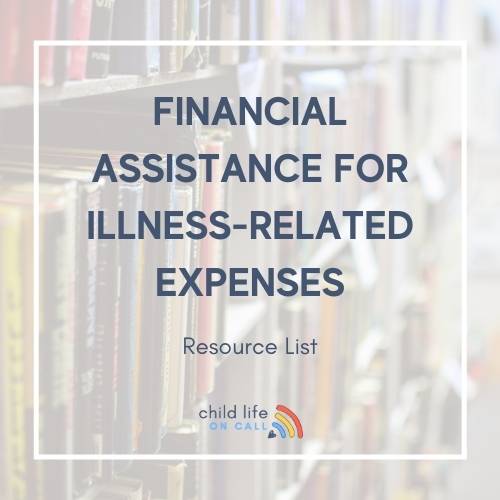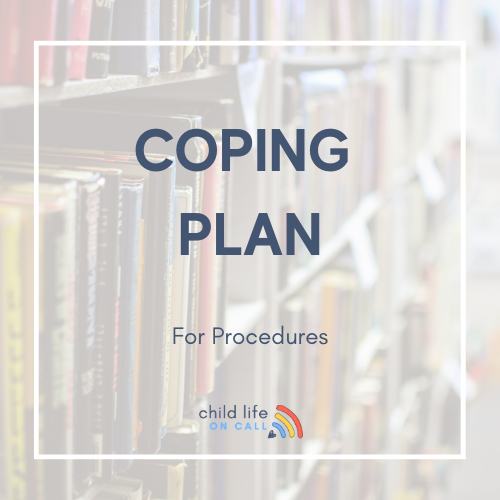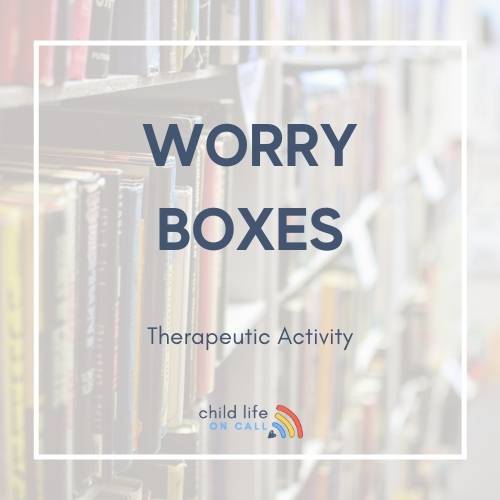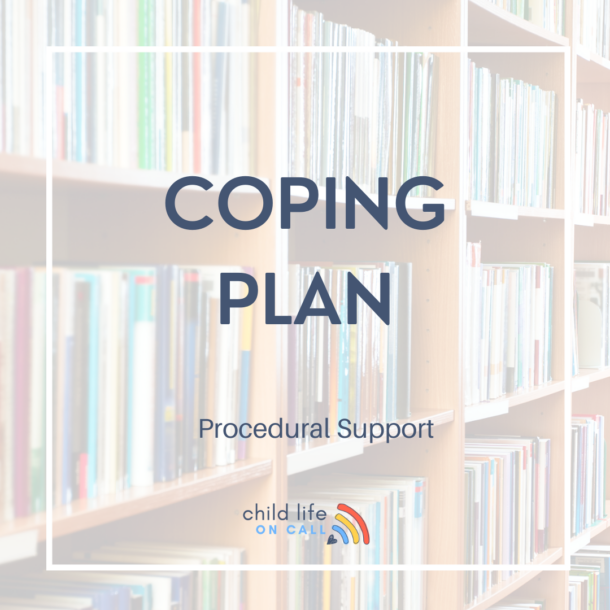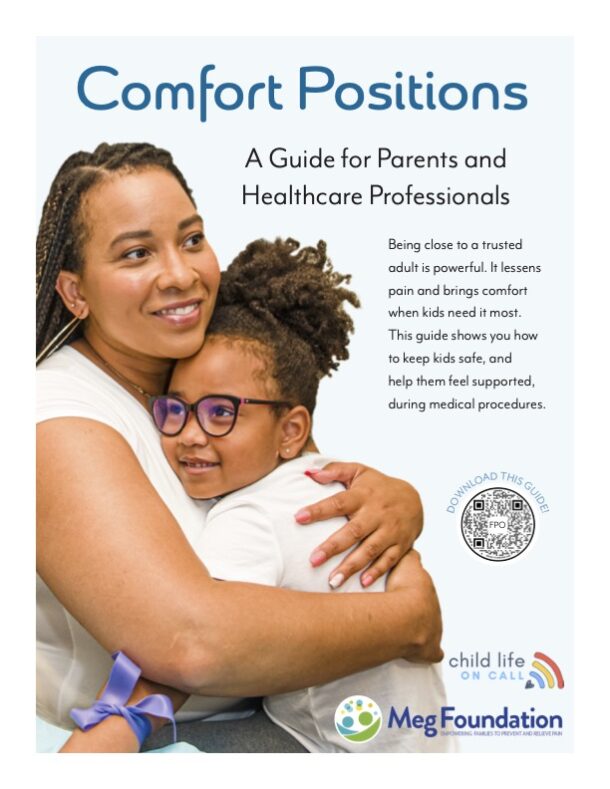Children in medical settings often experience a range of psychosocial needs that, if left unaddressed, can significantly impact their overall well-being and recovery. Addressing these needs involves a collaborative effort between Child Life Specialists, healthcare professionals, and parents, who all play an essential role in providing the necessary support. This article will explore the various psychosocial needs of children in medical settings, discuss the strategies employed by professionals and caregivers to support these needs, and highlight the importance of fostering a compassionate and understanding healthcare environment.
Recognizing the psychosocial needs of children in medical settings is crucial for providing appropriate support. These needs can be categorized into three main areas: emotional, social, and cognitive needs.
Emotional needs are central to a child’s well-being during medical treatment. It is vital to validate and encourage the expression of their feelings, as well as provide coping strategies to manage fear and anxiety. This fosters emotional resilience and enables children to better navigate their medical experiences.
Social needs, on the other hand, focus on maintaining relationships with peers and family, as well as offering opportunities for play and recreation. Building and preserving these connections promotes a sense of normalcy and belonging, helping children to feel supported and less isolated during their time in medical settings.
Lastly, addressing cognitive needs involves ensuring that children understand their medical procedures and diagnosis, as well as providing opportunities for the continuation of educational activities. This empowers them with knowledge and a sense of control over their situation, while also allowing them to maintain their cognitive development and academic progress.
Child Life Specialists play a crucial role in addressing the psychosocial needs of children in medical settings. They employ various therapeutic interventions and techniques, such as medical play, art and music therapy, and guided imagery and relaxation techniques. These approaches help children process their emotions, cope with stress and anxiety, and promote healing and recovery.
Additionally, Child Life Specialists provide age-appropriate education and preparation for medical procedures. This involves using developmentally appropriate language and materials to explain diagnoses and treatments, which helps to alleviate fear and anxiety. Empowering children with knowledge and understanding of their medical experiences fosters a sense of control and resilience.
Furthermore, Child Life Specialists support siblings and families in coping with a child’s hospitalization. Recognizing that a child’s medical experience affects the entire family, they offer resources and guidance to help family members navigate the emotional, social, and practical challenges associated with hospitalization. By addressing the psychosocial needs of the entire family, Child Life Specialists foster a supportive environment conducive to a child’s recovery.
The Role Parents and Caregivers Play
Parents and caregivers have a significant role to play in supporting their child’s psychosocial needs during medical experiences. One essential aspect is encouraging open communication and expression of feelings, creating an environment where children feel comfortable sharing their emotions and concerns.
Maintaining routines and structure as much as possible can also help children feel a sense of stability and predictability during their medical journey. This includes sticking to familiar daily routines, such as bedtime rituals and mealtime schedules, which can provide reassurance and comfort.
Engaging in play and other activities that foster social connections and cognitive development is crucial for children’s well-being. Participating in age-appropriate games, crafts, and educational activities can help children maintain their social skills and cognitive abilities, providing a sense of normalcy in an unfamiliar setting.
It Takes a Full Team Approach
Lastly, collaborating with healthcare professionals and Child Life Specialists is vital for receiving additional support and resources tailored to your child’s unique needs. These experts can offer guidance, strategies, and tools to help you and your child navigate the challenges of medical experiences with resilience and confidence.
A supportive healthcare environment is essential for addressing the psychosocial needs of children in medical settings. This involves designing and organizing medical facilities in a way that promotes a sense of safety and comfort. Child-friendly spaces, calming colors, and age-appropriate decorations can help alleviate anxiety and create a more welcoming atmosphere for young patients.
Family-Centered Care
Inclusion of family-centered care practices is another crucial aspect of a supportive healthcare environment. This approach acknowledges the vital role families play in a child’s recovery and prioritizes their involvement in the decision-making and care process. By involving parents and caregivers as active partners in their child’s treatment, healthcare professionals can better address the emotional, social, and cognitive needs of the child.
Lastly, fostering collaboration between healthcare professionals, Child Life Specialists, and parents is vital for addressing psychosocial needs effectively. Open communication and teamwork among these key stakeholders ensure that everyone is working towards the common goal of supporting the child’s overall well-being and promoting a positive medical experience.
Addressing Psychosocial Needs is Essential
In conclusion, addressing the psychosocial needs of children in medical settings is of paramount importance to ensure their overall well-being and recovery. Child Life Specialists, healthcare professionals, and parents all play crucial roles in providing support through various strategies, interventions, and collaborative efforts.
By fostering a supportive healthcare environment and prioritizing children’s emotional, social, and cognitive needs, we can help young patients navigate their medical experiences with resilience and confidence. We encourage readers to prioritize these needs and seek help from resources like Child Life On Call, where our compassionate and professional approach can provide invaluable support for children and their families during challenging medical experiences.



